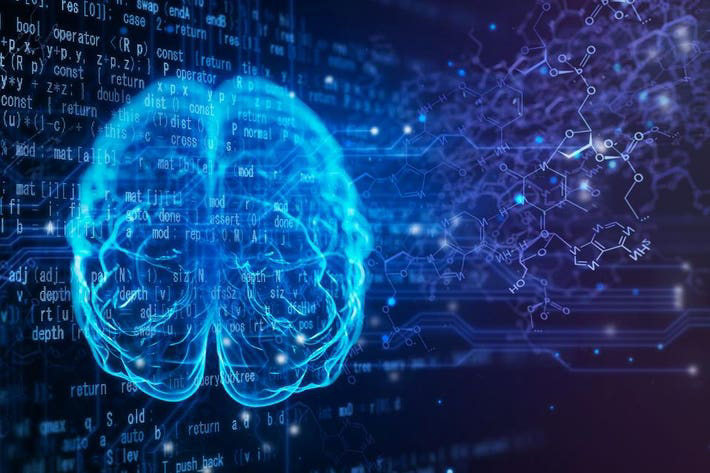Navigating the Complexity of AI Ethics and Bias
Artificial Intelligence (AI) has undeniably revolutionized numerous aspects of our lives, from enhancing efficiency in various industries to aiding medical diagnoses. However, the rise of AI has also brought to the fore crucial concerns surrounding ethics and bias. As we integrate AI into increasingly pivotal roles, it is imperative to scrutinize the ethical implications and biases that could potentially shape the course of its development and implementation.
Understanding AI Ethics and Bias
AI ethics refer to the moral principles and guidelines that govern the development and application of artificial intelligence systems. These principles aim to ensure that AI technologies are created and used in a manner that is fair, transparent, and accountable. On the other hand, AI bias pertains to the unjust or prejudiced outcomes that can arise from the design, development, or implementation of AI systems, often resulting in unequal treatment or inaccurate decision-making.
Top 4 Key Points of AI Ethics and Bias
1.Point: Transparency and Accountability:
Ensuring transparency in AI algorithms and decision-making processes is crucial to understanding how AI systems arrive at their conclusions. Establishing accountability mechanisms for the creators and users of AI technologies is essential to address any unintended consequences or biases that may arise.
2.Point: Fairness and Equity:
Striving for fairness and equity in AI systems involves mitigating biases that could lead to discriminatory outcomes based on factors such as race, gender, or socioeconomic status. Implementing measures to promote equal opportunities and treatment for all individuals is paramount in fostering an inclusive and just AI ecosystem.
3.Point: Data Privacy and Security:
Safeguarding the privacy and security of the data used to train AI models is fundamental to maintaining ethical standards. Upholding data protection protocols, ensuring informed consent, and preventing unauthorized access to sensitive information are critical in building trust and preserving the rights of individuals within AI-driven environments.
4.Point: Continual Evaluation and Improvement:
Regularly evaluating AI systems for biases and ethical considerations is necessary to identify and rectify any shortcomings or issues that may arise over time. Encouraging continuous learning and improvement in AI development practices can help mitigate potential ethical challenges and biases that may emerge as technologies evolve.
Final words:
As AI continues to advance and permeate various aspects of society, addressing the complex interplay between ethics and bias remains an ongoing imperative. By fostering an ethical framework that prioritizes fairness, transparency, and accountability, we can navigate the challenges and harness the potential of AI for the collective betterment of humanity.
Labels: Top AI blog topics









0 Comments:
Post a Comment
Subscribe to Post Comments [Atom]
<< Home